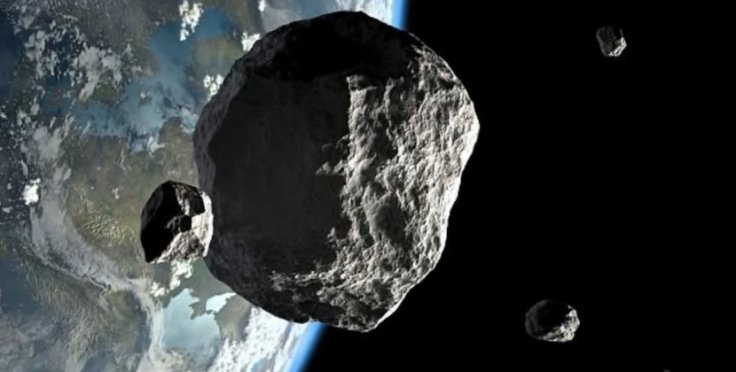
NASA has officially selected SpaceX to be part of its upcoming Double Asteroid Redirection Test (DART) mission. The mission will involve launching a spacecraft and intentionally crashing it on an asteroid in order to deflect it.
For the DART mission, NASA will attempt to knock the moon of the massive asteroid Didymos off its current trajectory. The moon, which has a diameter of about 160 meters, was selected as the primary target for the mission because it's the same size as the other asteroids that regularly fly near Earth.
For the mission, SpaceX will provide launch services for NASA. Specifically, NASA plans to mount its DART spacecraft on SpaceX's Falcon 9 rocket, which will be launched from the Vandenberg Air Force base in California in June 2021, according to TechAU.
Once the spacecraft has reached its destination, a small satellite will be deployed to take photos of the space rock. These photos will then be sent back to Earth. After the spacecraft collides with Didymos' moon, NASA's DART team will assess the changes in the object's trajectory.
The collision is expected to take place sometime in October 2022. During this time, NASA estimated that Didymos and its moon will be about 11 million kilometers from Earth.
According to NASA, the total cost for the DART mission is about $69 million, which already covers the launch procedure as well as other costs related to the project. It is not yet clear how much NASA has awarded to SpaceX to provide launch services for the DART spacecraft.
The whole concept behind the DART mission may sound like something that came from a Hollywood science fiction movie. However, for the space agency's current administrator Jim Bridenstine, the DART mission tackles a very serious matter regarding the safety of the entire planet.
According to the NASA official, the threat posed by an asteroid strike on Earth is very real. This is primarily why the public should take reports about asteroids and planetary defense very seriously.
"We have to make sure that people understand that this is not about Hollywood," Bridenstine said during the previous Planetary Defense Conference according to Space.com.
"This is about ultimately protecting the only planet we know right now to host life, and that is the planet Earth," he added.









